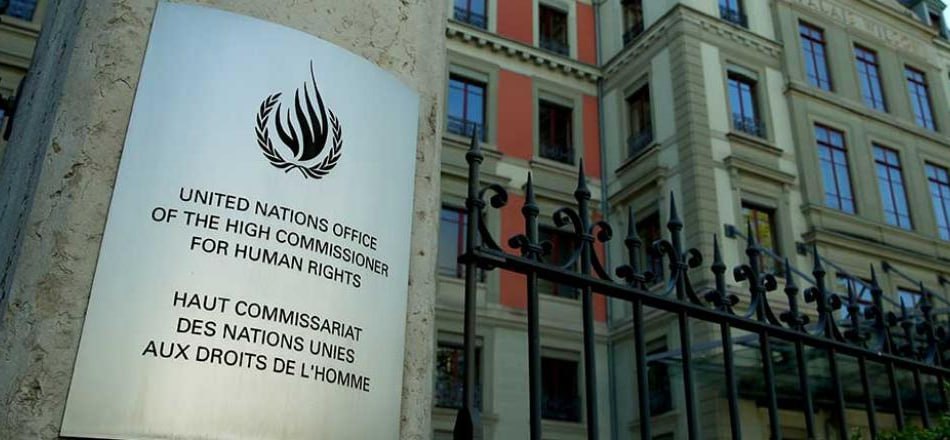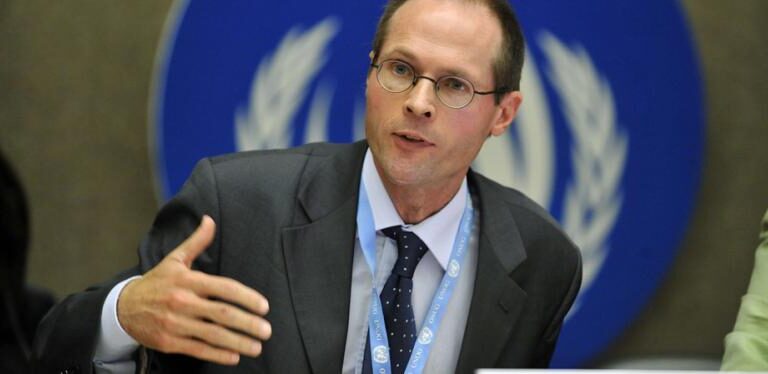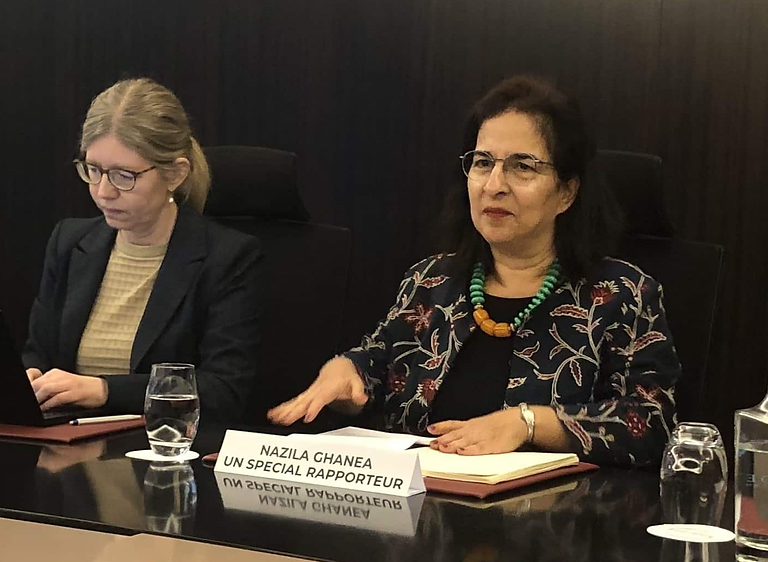In the end of 2023, during permanent co-operation with UN bodies, our Associaiton sent submisison to OHCHR in challenges for civic space trends, connected with Russian aggression.
ARC’s submission, prepared by Dr. Borys Babin, stressed that there is no verified information about the level of repressions against civic society in Russia-occupied Crimea as all local “media sources” and social network are fully controlled by Russian punitive structures and the safe personal communication with Crimean residents is possible only if they leave the region and will appear on Ukraine-controlled territory or in third countries.
ARC’s submission added that certain part of information is collected by Ukrainian NGOs and some Ukrainian governmental structures and that our Association monitors the aggressor’s resources that publish part of information about repressed persons and we also monitor social networks, that also we cooperate with other NGOs regarding data collection and checking the information.
Now, in August, 2024 Report of the UN High Commissioner for Human Rights “Civil society space” A/HRC/57/31 was published on this issue to be presented for UN General Assebmly this fall. Report A/HRC/57/31 stressed in its article 47, addressing to our Associaiton’ submission that “in settings of heightened tensions and violence, information about violations vis-á-vis civil society was even harder to obtain, often due to deliberate steps taken by the authorities to censor local information sources, including media and social media networks, and a lack of confidential and safe personal communication among citizens, exposing them to risk, particularly if they were still” under the control of “authorities”.
“Such precarious environments hindered civil society work and the consequent establishment of regular mechanisms to assess civic space trends”, Report added, pointing that protecting the right to defend human rights, in accordance with the UN Declaration on Human Rights Defenders, requires an understanding of the trends and threats to civic space that is reliable and current and that assessing civic space trends must involve independent and empowered local actors, as analysis should be firmly anchored in specific country contexts, taking into account the political, legal and socioeconomic dynamics (articles 60 and 62).
UN High Commissioner’s Office thanked us for submission granted by special letter; our co-operation with OHCHR on those issues and challenges, connected with Russian aggression, will be continued.








